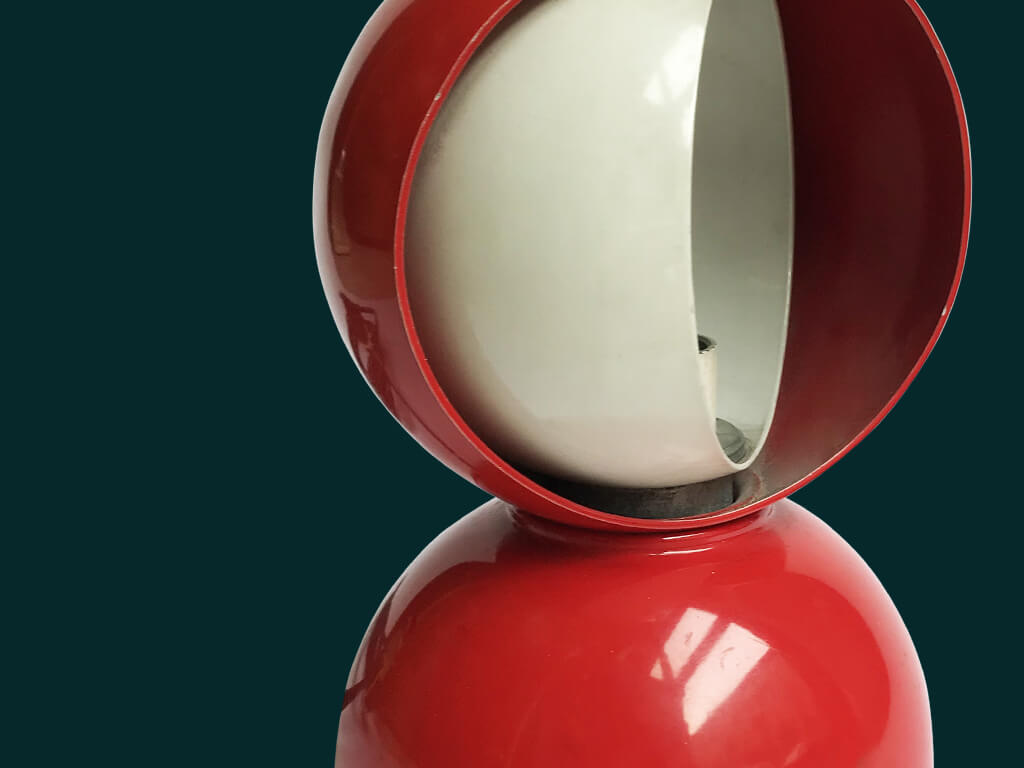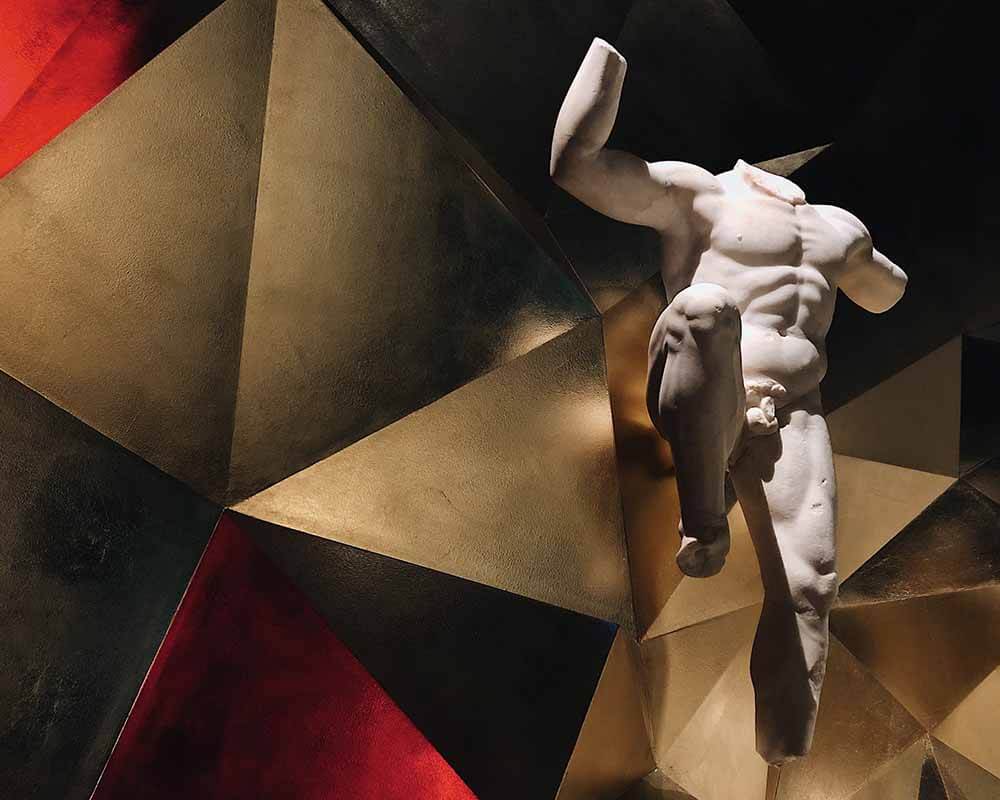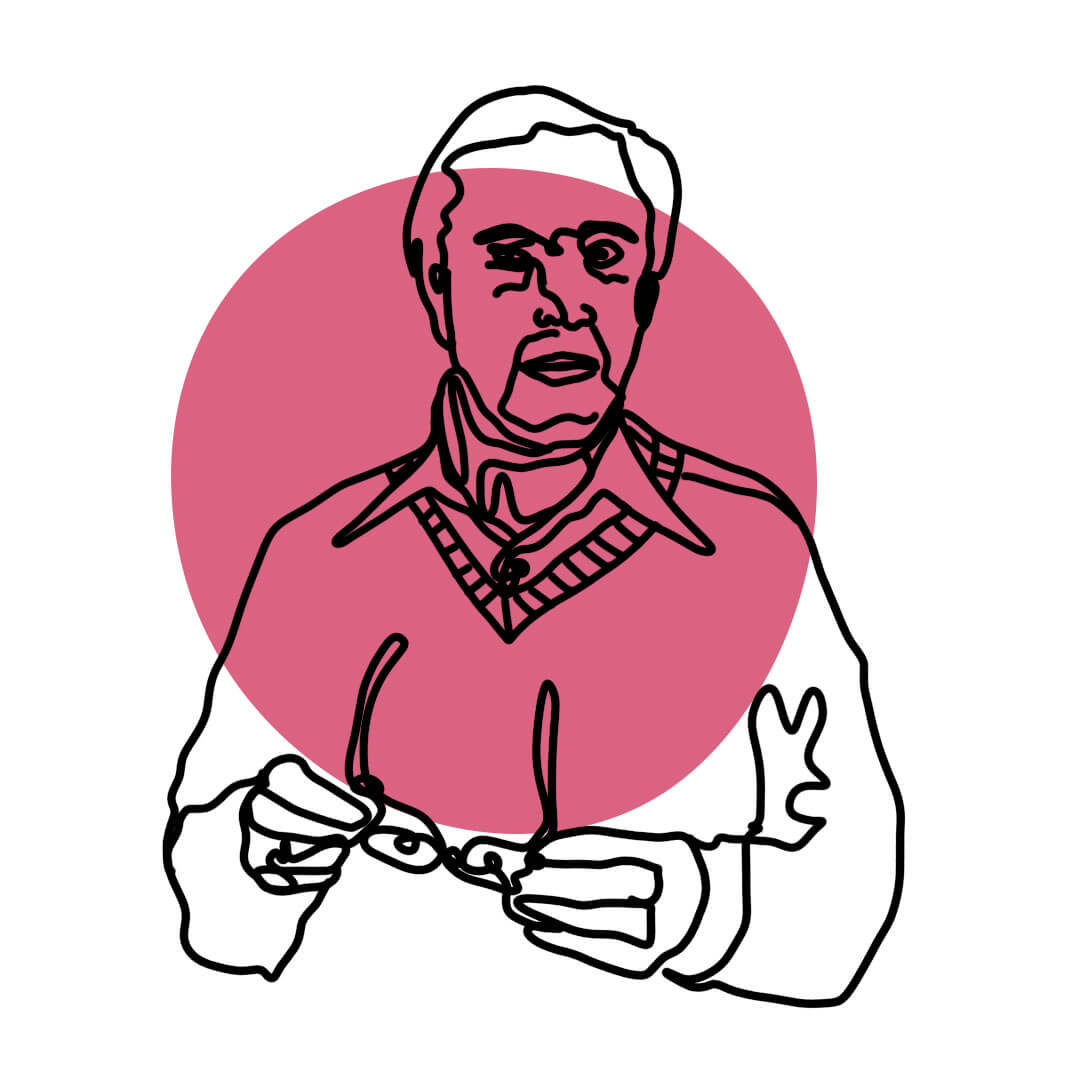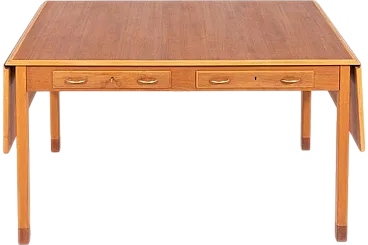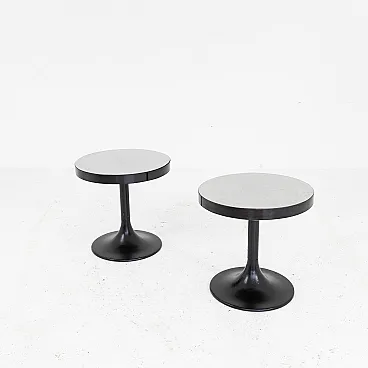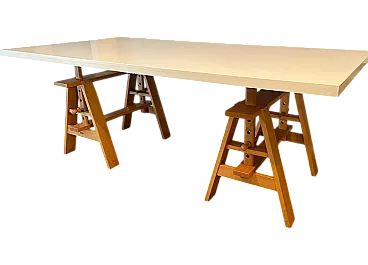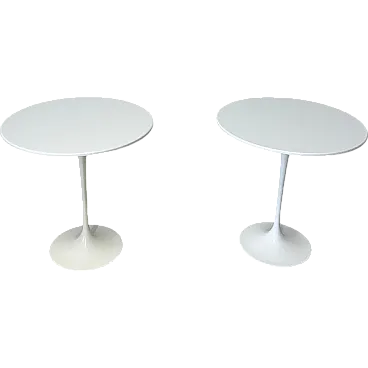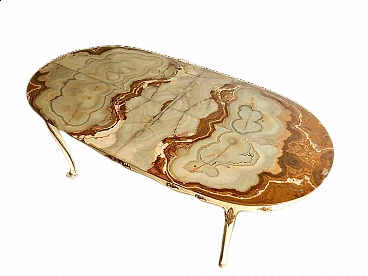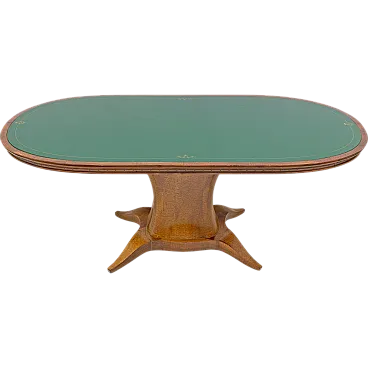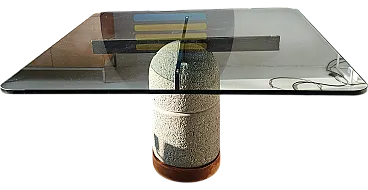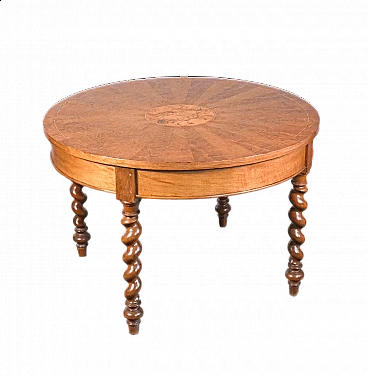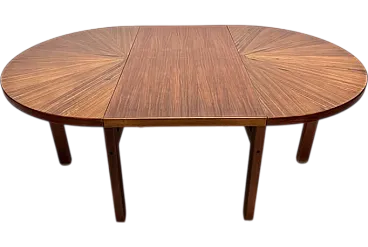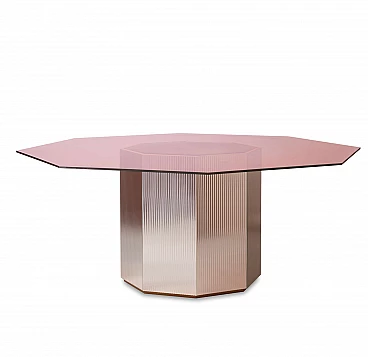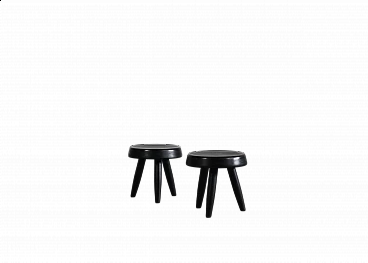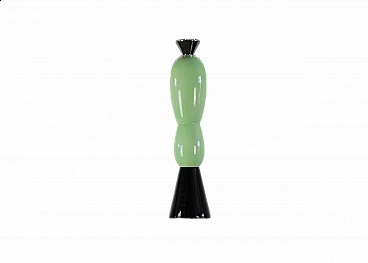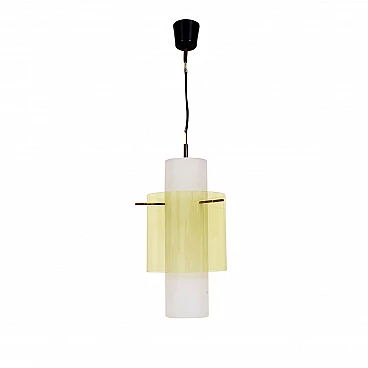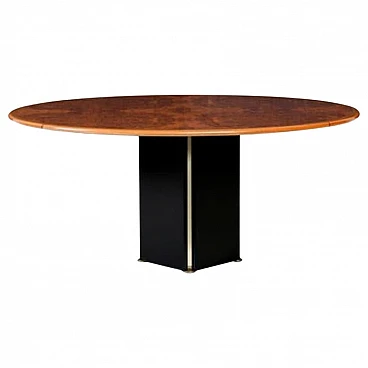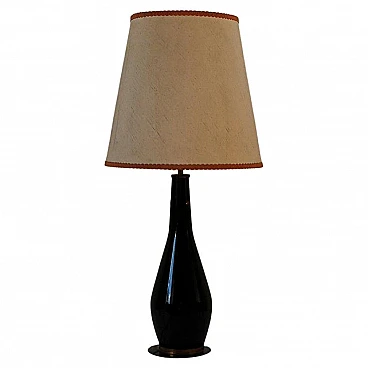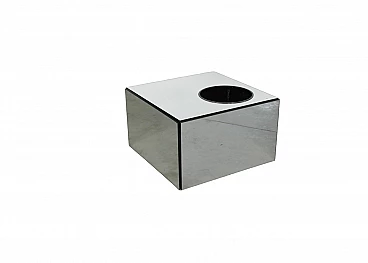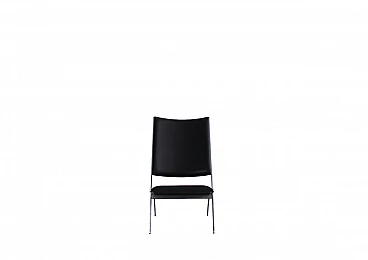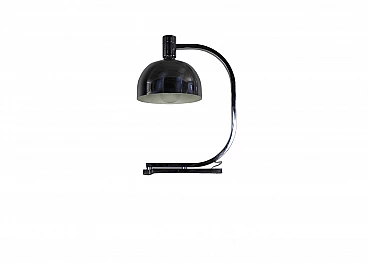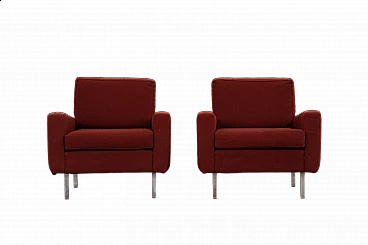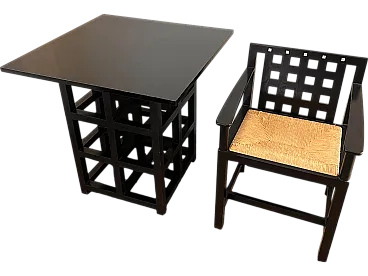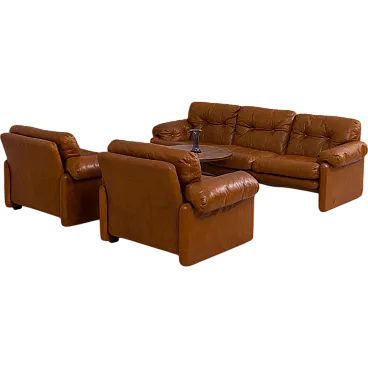TL30 table by Franco Albini for Poggi (Pavia), 1950s. Black lacquered metal base and round wooden top.
Franco Albini (1905-1977) after spending his childhood and part of his youth in Robbiate in Brianza, moved with his family to Milan. Here he enrolled in the Faculty of Architecture at the Politecnico and graduated in 1929. He began his professional activity in the studio of Gio Ponti and Emilio Lancia, with whom he collaborated for three years. During this period, the works he produced were avowedly of twentieth-century imprint; it was his meeting with Edoardo Persico that marked a clear turn toward rationalism and a rapprochement with the group of editors of "Casabella."
The new phase began with the opening of the first professional studio with Renato Camus and Giancarlo Palanti. The group of architects began to deal with social housing by participating in the competition for the Baracca neighborhood in San Siro in 1932 and then creating the Ifacp neighborhoods: Fabio Filzi (1936/38), Gabriele D'Annunzio and Ettore Ponti (1939).
But it was mainly in the context of exhibitions that Albini experimented with his compromise between that "rigor and poetic imagination," coining the elements that would be a recurring theme in all declinations of his work-architecture, interiors, design pieces.
At the Triennale of 1936, marked by Persico's untimely death, together with a group of young designers brought together by Pagano in the previous edition of 1933, Albini curated the layout of the house exhibition. The arrangement of Stanza per un uomo gave insight into the sharp and ironic approach that is part of Albini, as a man and as a designer: the theme addressed was that of existenzminimum and the reference of the project was to the fascist myth of the athletic and sporty man, but it was also a way of reflecting on economic housing, the minimization of surfaces and respect for the way of life.
Albini is a complete designer, whose work ranged from construction to design, from layouts to urban planning.
A quiet, rigorous, ironic man, he worked tirelessly, sustained by a moral code that accompanied him throughout his career. He firmly believed in the social role of the architect as a professional figure serving the people.
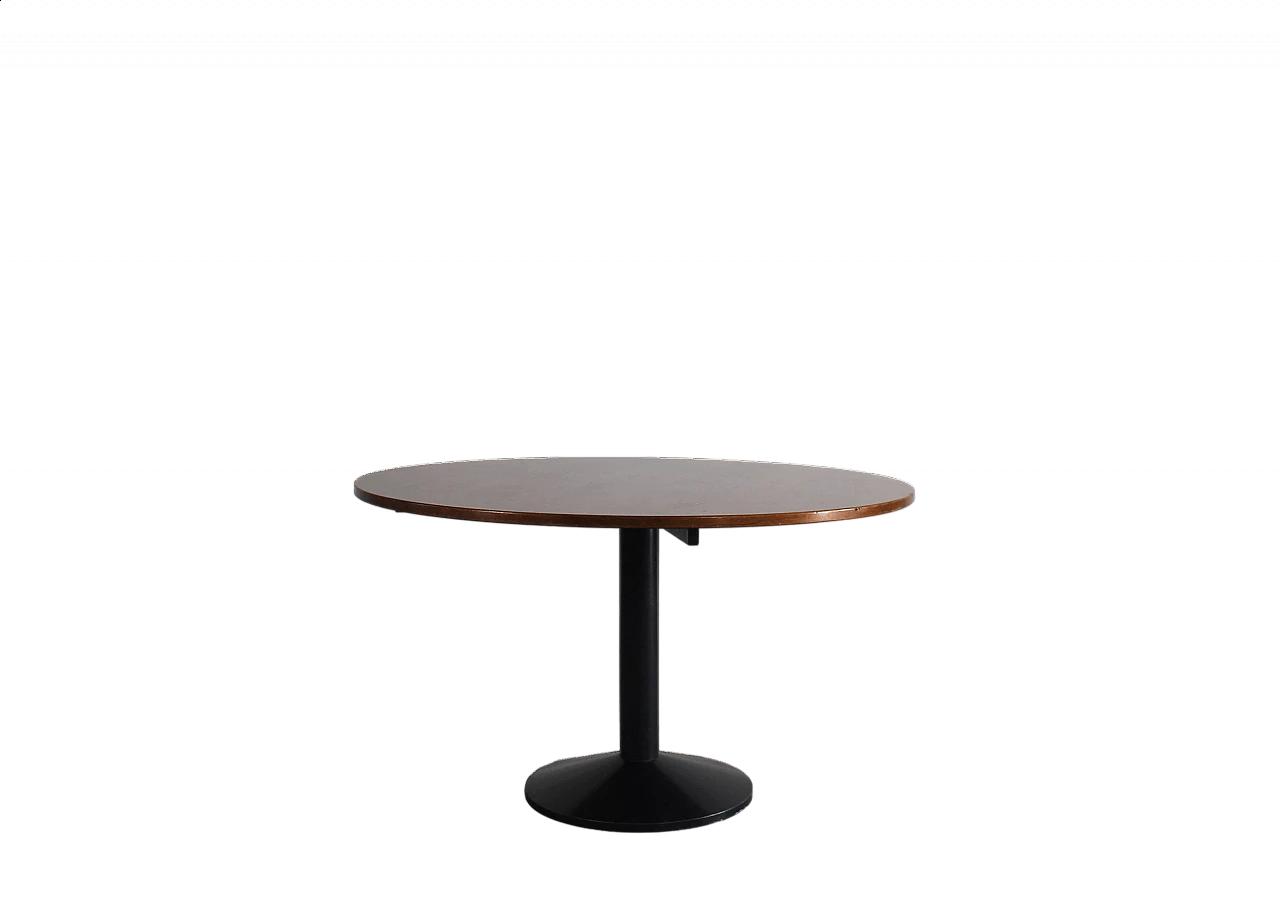
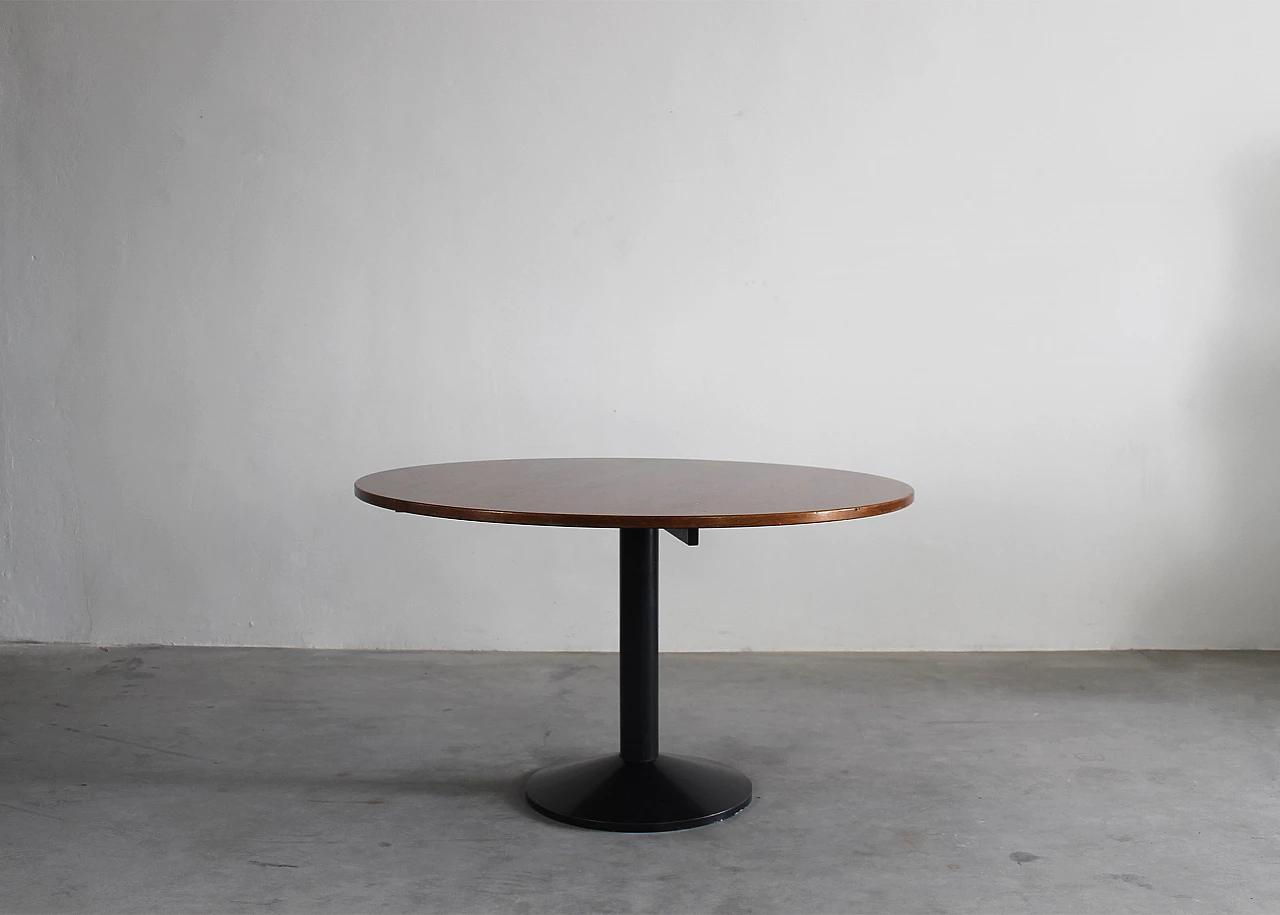
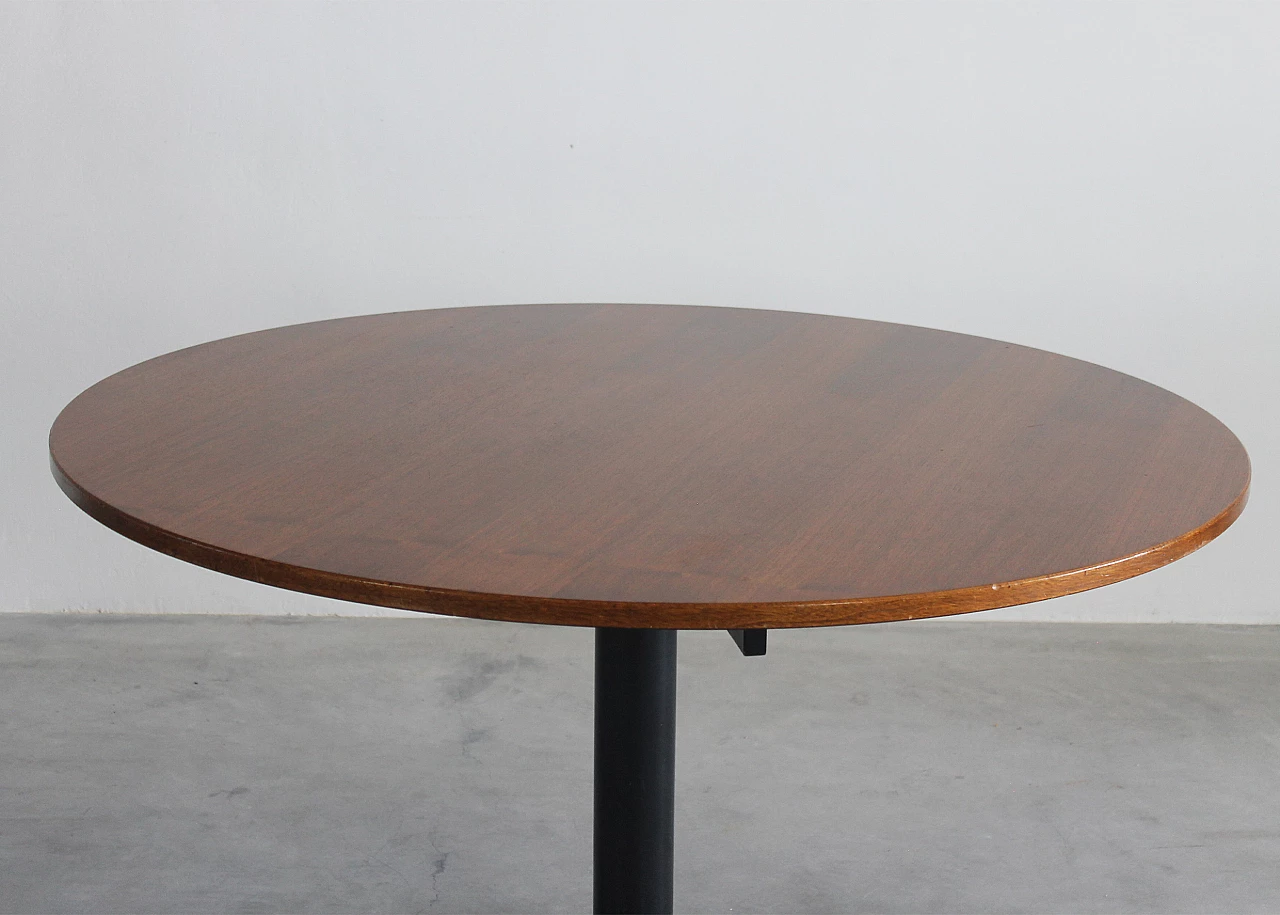
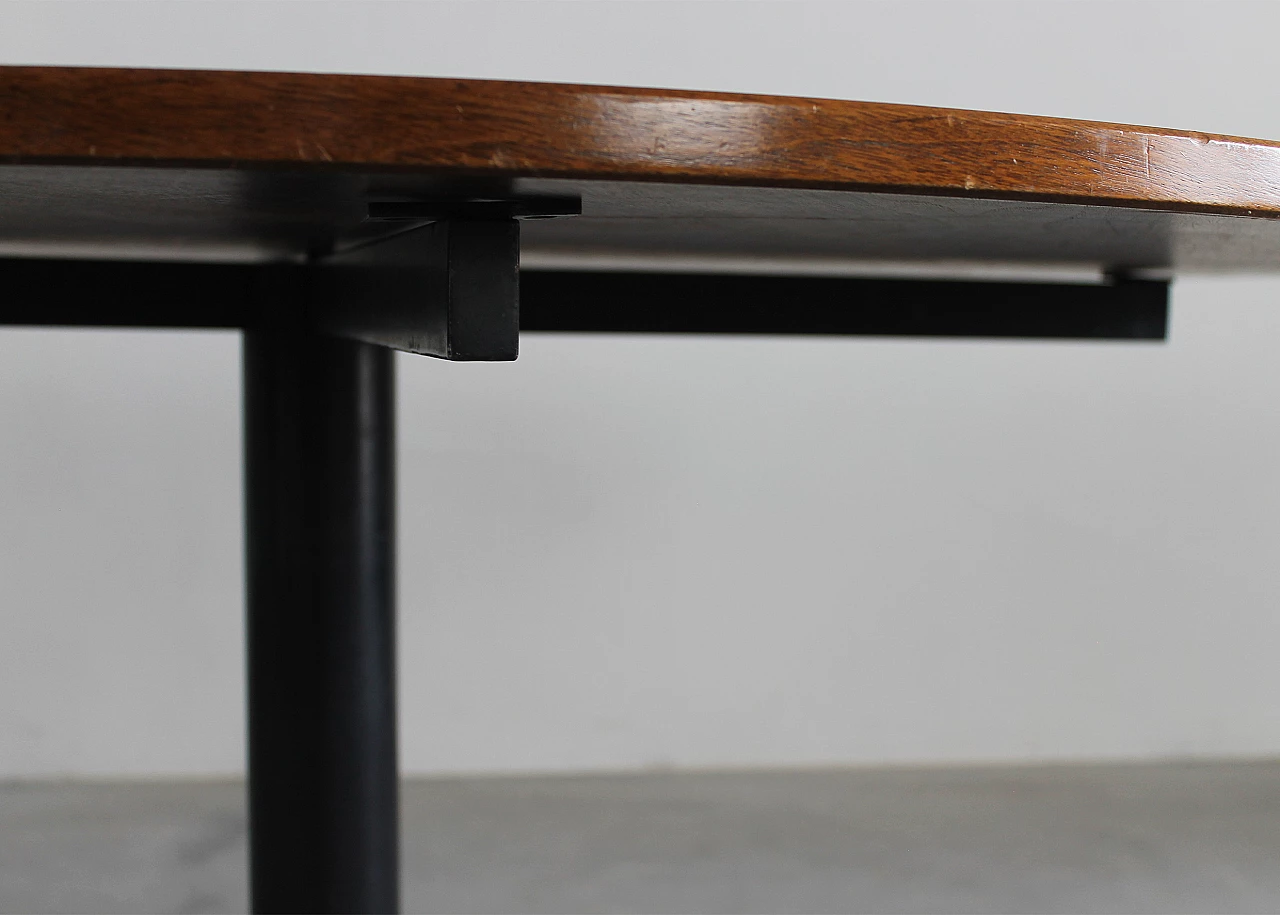
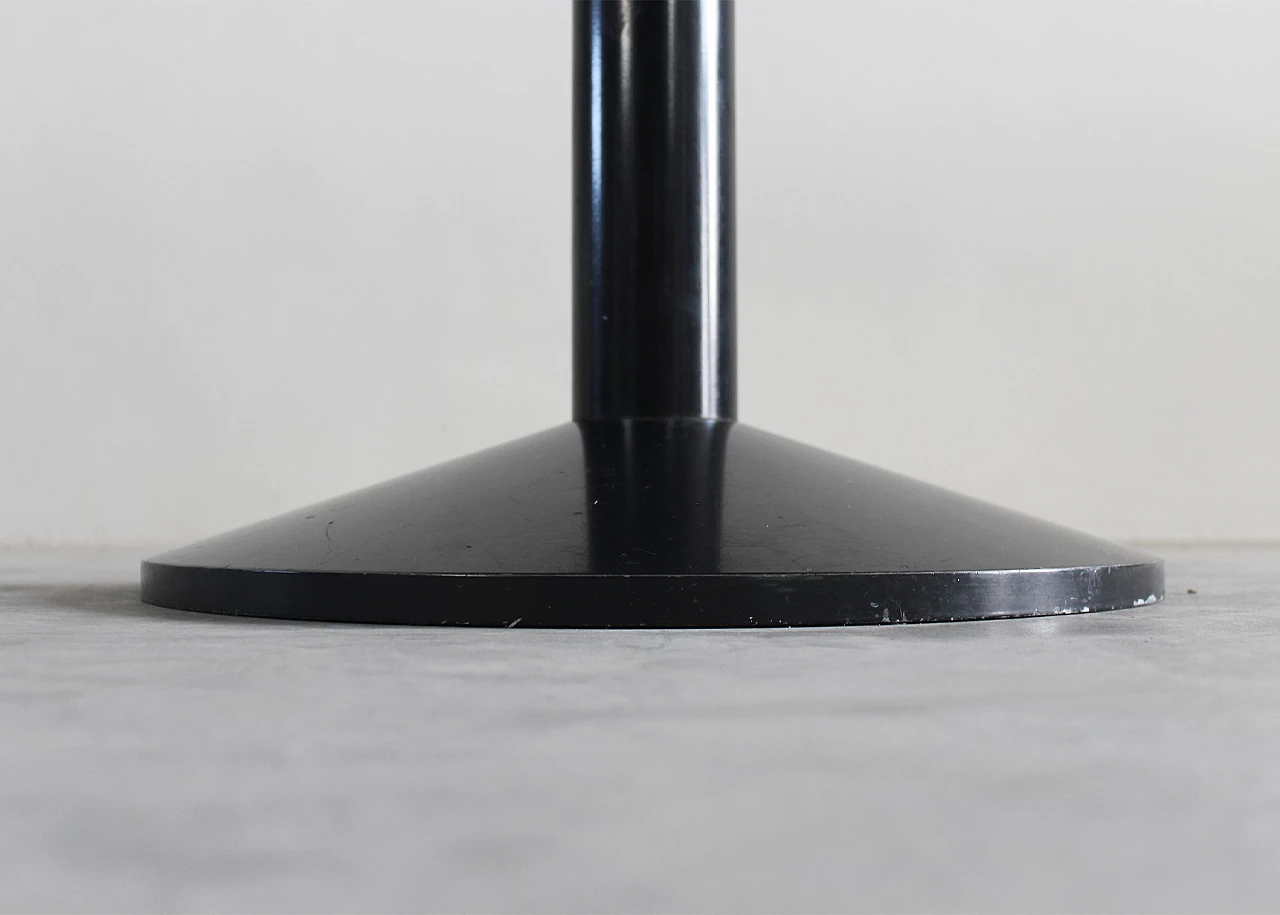
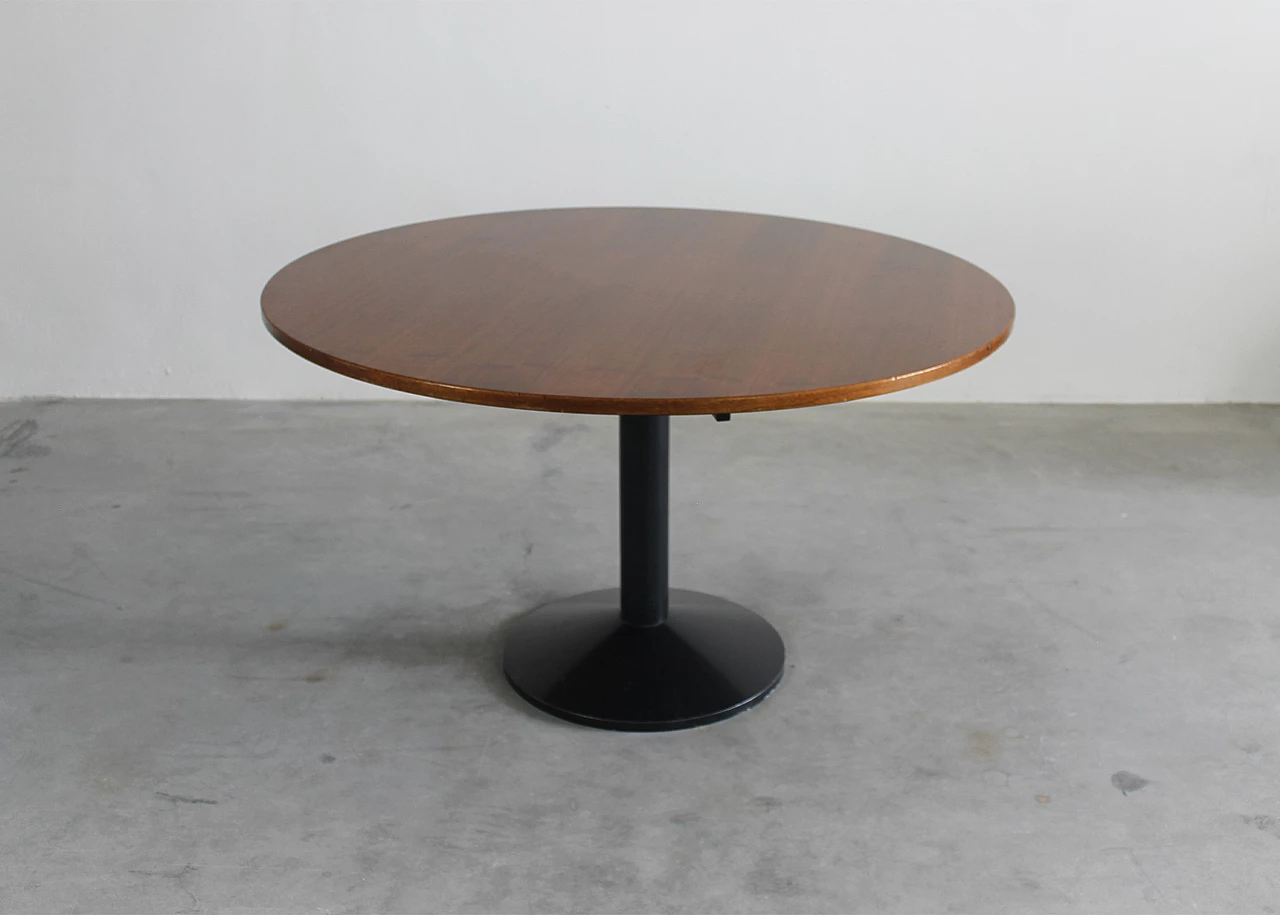
 SILVER Seller in Pistoia, Italy
SILVER Seller in Pistoia, Italy
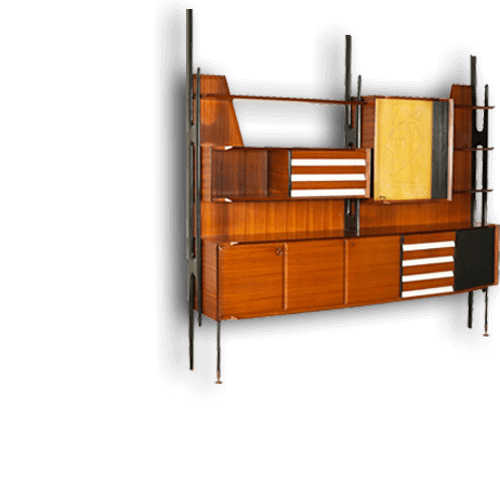
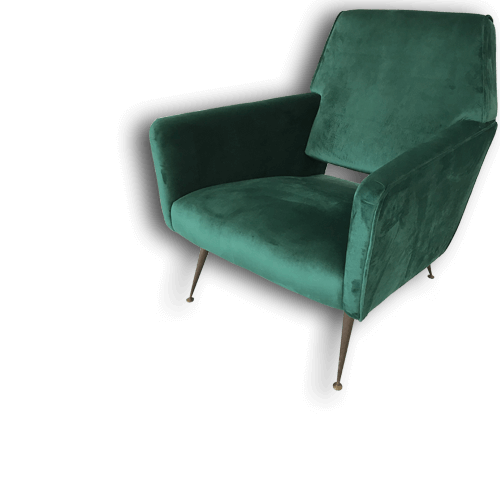




.png)

